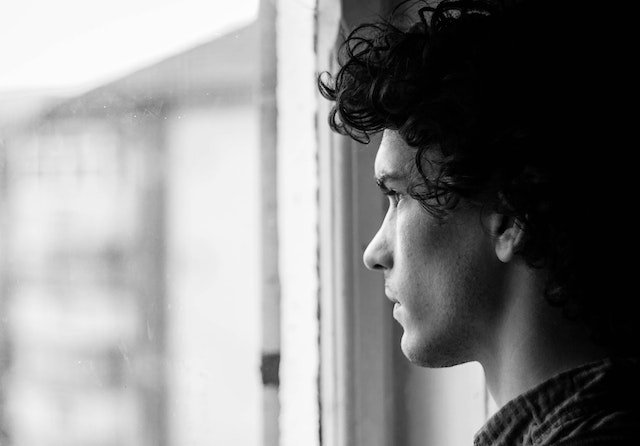4 Causes of Depression & How You Can Deal With It
Depression is one of the most common mental health conditions in the world. Some people can cope better than others, which can range in severity. But, whether you’re dealing with high-functioning depression or not, there’s no question it can have a negative impact on your quality of life.
Depression is more than just “feeling sad” all of the time. It can lead to feelings of hopelessness and helplessness. If left untreated, it can impact your physical health, too.
To better understand depression so you can start to manage it, it’s essential to know where it comes from. While every person is different and the specific situation(s) causing your depression are unique, there are a few common causes of the condition.
Let’s dig a little deeper into those causes and cover what you can do if you’re struggling with depression.
1. An Imbalance in the Brain
Depression is often caused by brain chemistry. When things aren’t balanced the way they should be, it can create feelings of deep sadness.
For example, chemicals like serotonin and dopamine are necessary within the brain to provide feelings of happiness. Have you ever heard of a “runner’s high” after working out? People tend to feel better after physical activity because exercise causes a spike in serotonin.
If your brain isn’t producing enough of these chemicals, you can feel fatigued, hopeless, and have a negative outlook.
2. Too Much Stress
Stress is unavoidable. In fact, a little bit of stress can even be a good thing. But when you have to undergo a stressful life event or you can’t seem to get a break from feeling overwhelmed, stress will take its toll on your mental health.
Unfortunately, stress can also trigger unhealthy coping mechanisms that make depression worse. You might be tempted to stay in bed all day, self-medicate with drugs, alcohol, or food, or avoid social situations.
All of those things can create a vicious cycle of more stress and depression.
3. A Family History
Your genetics can’t determine if you’ll deal with depression or not. Just because your parents were diagnosed with it doesn’t mean you will be.
However, if you do have a direct close relative with depression, you’re statistically more likely to develop it. Again, that doesn’t necessarily mean you will. It also doesn’t mean you won’t get depression if there is no family history.
4. Medical Issues
Certain medical conditions, including diabetes, have been linked to depression. Even certain medications designed to help with physical ailments can contribute to depression. It’s important to talk to your doctor about any medications you’re on and whether depression is a possible side effect.
What Can You Do?
When you understand the root of your depression, you can take active steps to fight back against it.
Practice self-care on your own. Prioritize sleep, get plenty of physical activity, and try meditation and mindfulness to combat intrusive thoughts.
It’s also important to remember that you’re not alone. Lean on your support system to get you through. Spending time with people you love, even when you feel like withdrawing, can make a big difference.
Finally, don’t hesitate to reach out to a professional for help. Therapy is a great way to better understand what’s causing your depression. A therapist can also help you create strategies to make managing your symptoms easier.
If you’re interested in learning more about where your depression might be coming from and how to keep it from taking over your life, feel free to reach out. I'm happy to provide more information or help you set up an appointment for depression therapy.

